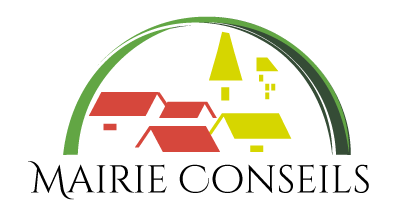• 4 main markets
• Communal forests
• Community halls
• Touristic sites like the cave in Finge and the Keboh hill
• Soils: Volcanic soils available which contain black quarries and laterite pits used for construction.
• Vegetation: Forest, woodland and regrowth savannah. Eucalyptus tree available which is used for construction, electricity poles and as local fuel.
• Mineral resources: Availability of water bodies like streams which have stony and sandy soil. Quarries for black stones and sand used for construction.
• Public works: poor roads leading to some palaces in the council area, due to absence of bridges and culverts.
• Environment and nature protection: degradation in soil due to poor cultivation techniques and ignorance.
• Health: deplorable health situation due to insufficient funds and insufficient number of staff.
• Water and Energy: limited access to portable water and frequent low voltage and blackout due to far distance of stand taps (for water) and limited energy sources and finances (for energy).
• Women empowerment and family: Low education of the girl child and low financial situation of women due to unfavorable cultural practices (suppressive), lack of women empowerment centers and lack of finance.
• Education: poor performances, due to insufficient number of teachers and infrastructure/equipment.
Number of villages: 4 villages namely: Kedjom Keku, Kedjom Ketinguh, Bambui (includes Finge and Baforkum), and Bambili.
• Agriculture: (tea, oil palm, coffee, maize, beans, Irish potato, yam, plantain, banana, vegetables (huckleberry), cocoyam, cassava (converted into garri which is supplied widely) Arabica coffee, garden crops and a variety of fruits).
• Livestock: (cattle, goats, and fowls).
• Commerce: sales of food stuff and petty trading.
• Others include: small medium size enterprises, services from organizations, and craftsmanship.
Climate: cold tropical climate, with a dry and rainy season, favorable for cultivation.
• Relief: topography is undulating with some steep slopes which serves as main touristic sites in the council area.
• Hydrology: available water bodies like streams, and waterfall which serves as a source of water for domestic use and touristic sites.
